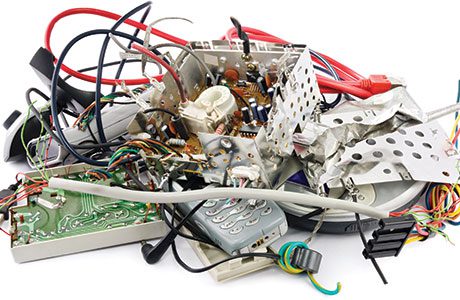
October funding announcements suggest new interest in researching the repair and restoration of end-of-life products
A series of remanufacturing announcements in October hinted at a coming of age for this until now under-developed recovery activity. These included the announcement of a new research institute in Scotland and the launch of a £112 million call for research projects from the European Commission.
Remanufacturing is said to be worth around £2.4 billion to the UK economy, a value that could increase to £5.6 billion, according to an October report from the All-Party Parliamentary Sustainable Resource Group (APSRG), a forum that aims to inform the debate between parliament, business and the sustainable resource community.
And with the 29 October announcement of the creation of a Scottish Institute of Remanufacture, with £1.3 million of funding so far from the Scottish Government, it seems this is a sector earmarked for growth.
But what is it exactly? It’s a reasonable question. Remanufacturing is often held to be an activity that involves rebuilding, repairing or restoring end-of-life products to get them to a level that meets or exceeds the original performance specifications. At present it’s a fledgling industry and the lack of a commonly accepted definition and standards appear to be among the obstacles holding the sector back, according to Cat Reman, the remanufacturing arm of Caterpillar, speaking to the Guardian in October.
Practices and processes to fulfill remanufacturing’s aims appear somewhat obscure at present. Walter Stahel, founder-director of the Product-Life Institute in Geneva, speaking at September’s RWM show in Birmingham, mentioned in his keynote presentation that there are five professionals in the world teaching remanufacturing, and no university has a department in it, “so there’s a long way to go,” he said.
In October the APSRG called for the creation of a UK remanufacturing centre of excellence, to raise the sector’s profile and encourage greater knowledge transfer. Its backers include the Knowledge Transfer Network, the Carbon Trust, and the High Speed Sustainable Manufacturing Institute.







